Here’s the next episode of the UNCENSORED Podcasts Season 2.
Today’s topic: Maintenance
What is maintenance?
The real answer is that you’re never actually just sitting in one spot at the exact same weight, and body fat %. You’re always fluctuating a little bit throughout the day, and throughout the year.
Maintenance is more of a transient state that you can dip in and out of when you you’re not necessarily trying to gain more muscle or burn more fat.
You can ‘hold’ and maintain a certain level of body fat and muscle for a given length of time and then get ready to push it hard again.
The step-wise progression
In all the body transformations I’ve ever seen it’s always a step-wise pattern. This means you will improve for a given amount of time. Then you’ll need to take a break. Once you feel ready you can push forward again. The amount you move forward is dependent on your goals and how hard you expect to push things.
Thinking about maintenance is also about managing expectations and where you expect to go based on the energy you’re putting forward.
Moments of maintenance happen for many reasons including lifestyle factors, seasonal changes, periodic moments of being sick, generalized stress.
For example over the Thanksgiving and Christmas holiday season you may simply set a goal to just make it from November to January without gaining fat mass.
In this case you’re actually working to just maintain, and you’d probably have to consider it a win just to make through the holidays without gaining fat.
Maintenance is a mode you go into throughout the year, and it’s normal to go through phases of muscle growth vs muscle maintenance and fat loss vs maintenance.
In this podcast we discuss what maintenance is, how to define what it is and how often you should expect to be in maintenance mode.
-John
IMMERSION Clients May Login and Download Podcast Here
Not a Venus Index IMMERSION client? Click here to find out more… and hear a weird story too

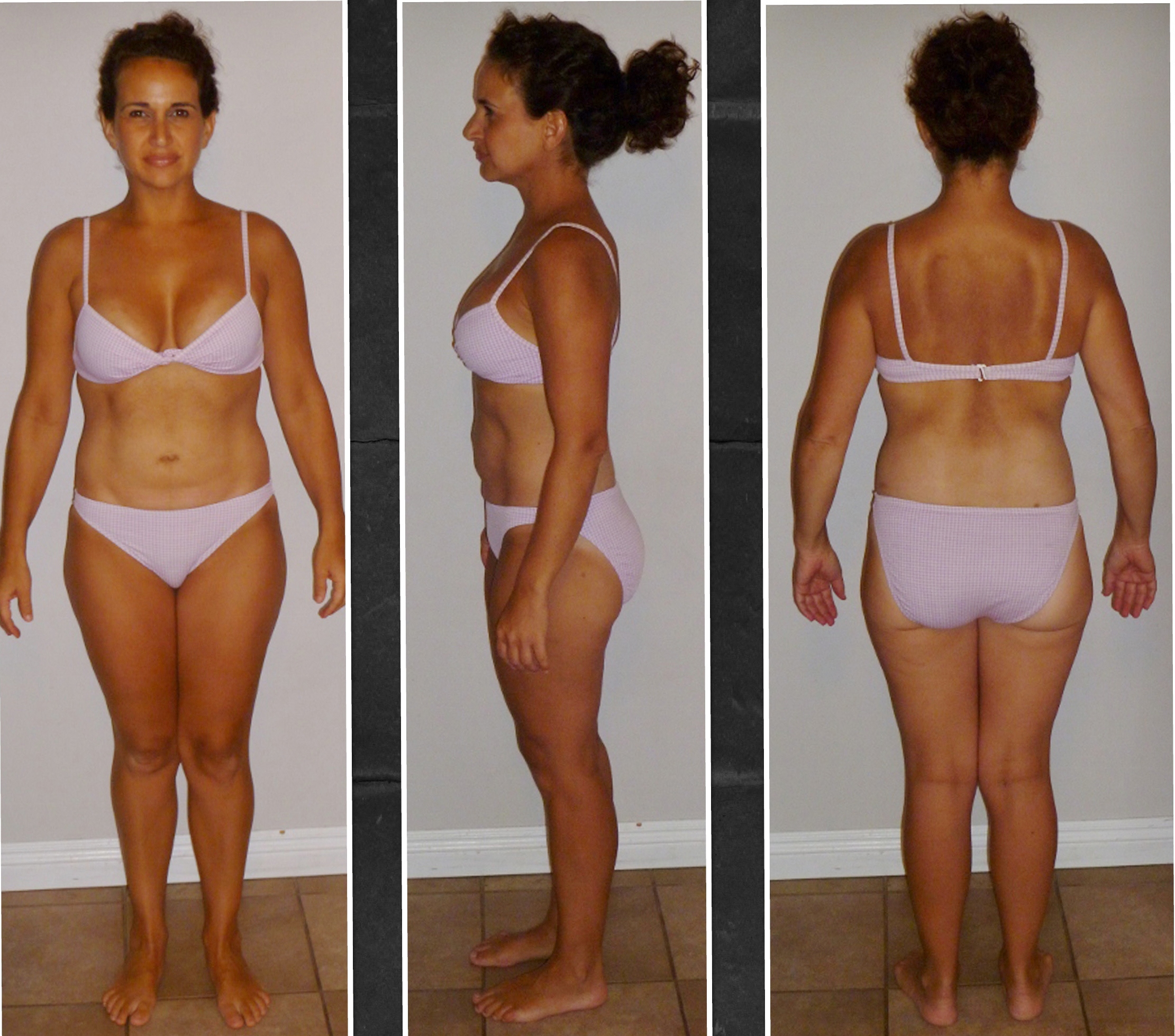
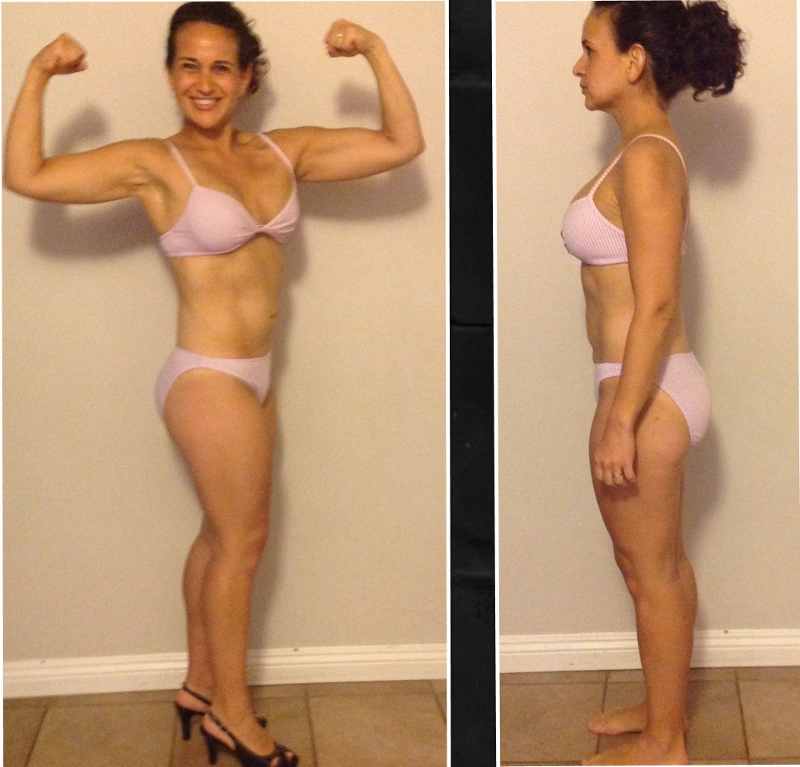
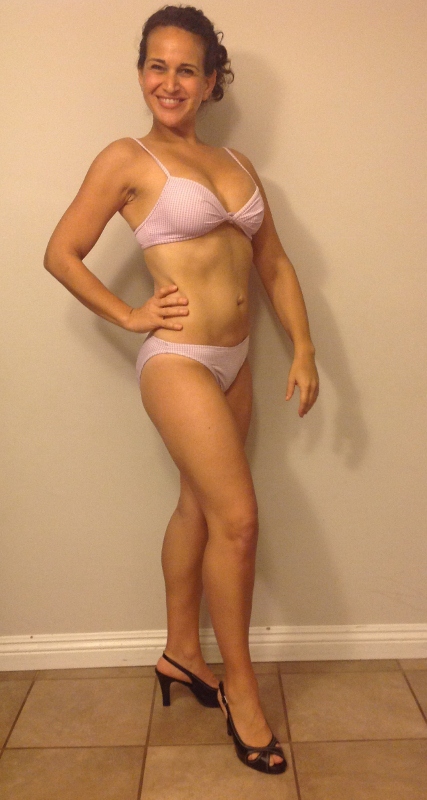


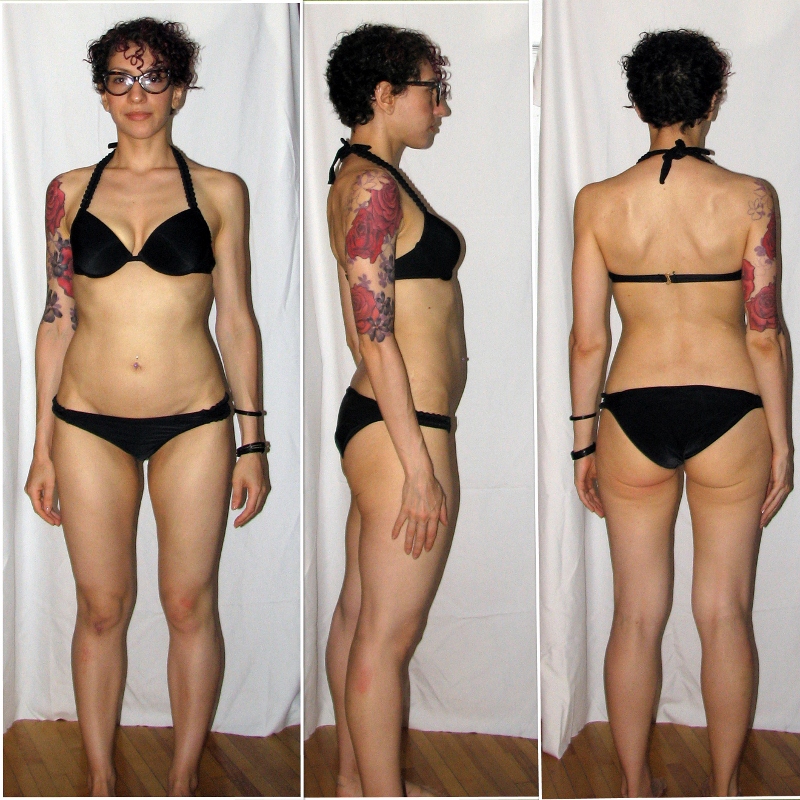
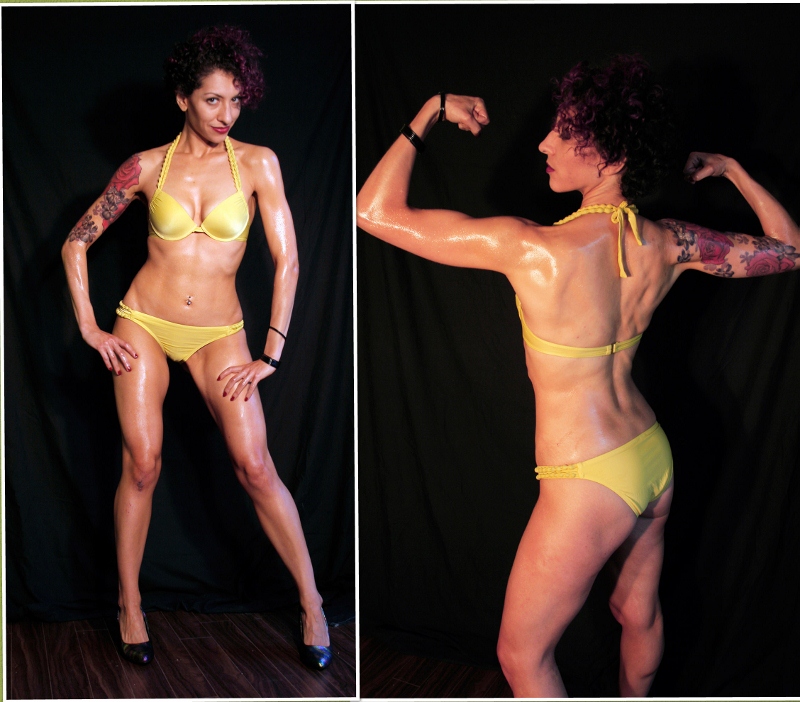
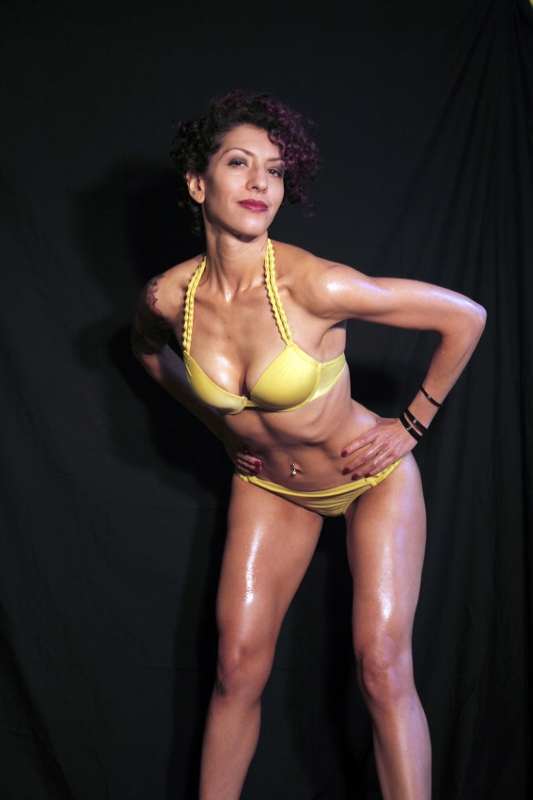


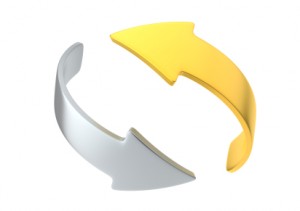

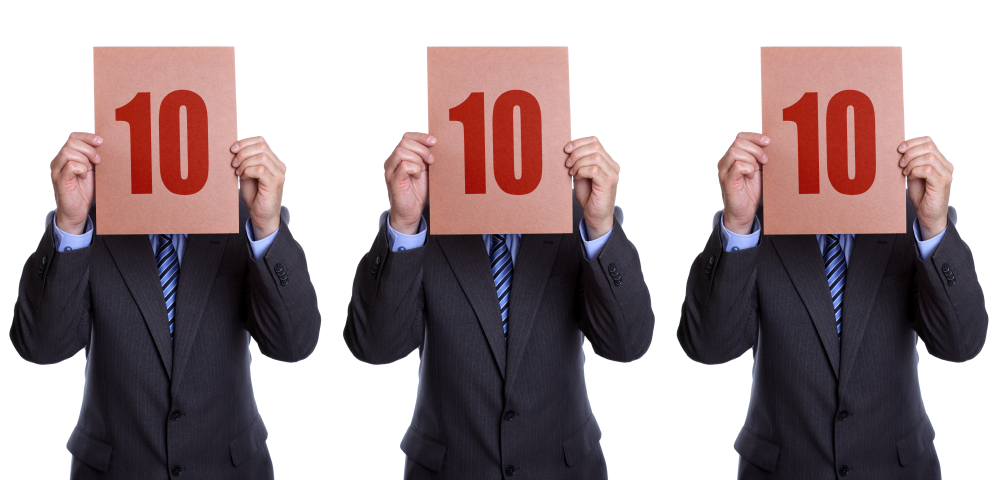


New Comments